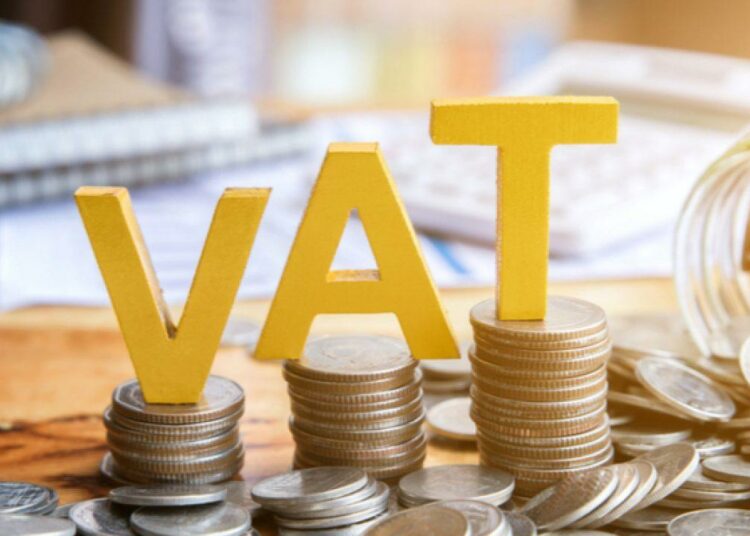Kreston Pedabo, a leading accounting firm, has expressed concerns regarding the Federal Government’s recent 2024 VAT Modification Order, particularly its implications for the energy sector.
The order aims to exempt certain petroleum products from VAT and enhance tax reliefs for renewable energy investments.
However, Kreston Pedabo’s experts highlighted potential loopholes and confusion stemming from the retrospective nature of the regulations, which could disrupt compliance in the oil and gas industry.
They urged the Federal Inland Revenue Service (FIRS) to clarify these ambiguities and engage stakeholders to ensure a smooth transition to the new tax regime, crucial for fostering investment and economic growth.
The Nigerian government introduced the VAT Order to expand tax exemptions, encouraging renewable energy adoption and resolving ambiguities surrounding the taxation of petroleum products. This initiative aligns with the President’s strategy to use taxation as a tool for economic recovery and investment growth.
In an in-depth analysis, Partner of Tax Services, Olubunmi Kuteyi, and Manager of Tax Advisory Oluwasanmi Ogunsanwo ,at Kreston Pedabo, warned that the retrospective nature of the new regulations could cause confusion for taxpayers, especially within the oil and gas industry.
The 2024 VAT Modification Order exempts certain petroleum products from VAT while expanding tax relief for renewable energy investments. The government had previously suspended VAT on Automotive Gas Oil (AGO), commonly known as diesel, from October 2023 to March 2024, to mitigate the impact of fuel subsidy removal. With the VAT Modification Order now exempting diesel from VAT retroactively, effective October 1, 2023 questions have emerged over tax remitted during the suspension’s lapse.
Kuteyi and Ogunsanwo highlighted key concerns: What happens to VAT paid and remitted between March 2024 and September 2024, following the suspension’s expiration?
The also queried whether taxpayers are eligible for a refund for VAT paid during this period?
While retrospective application of tax laws is rare, it is permissible when expressly stated in law. Yet, Kreston Pedabo noted that this retroactive effect might lead to uncertainty and agitation among oil and gas taxpayers. They called on the Federal Inland Revenue Service (FIRS) to offer immediate clarification to ease confusion and ensure compliance.
The VAT Order 2024 also introduces tax exemptions for Compressed Natural Gas (CNG) and Liquefied Petroleum Gas (LPG) conversion kits, infrastructure, and electric vehicle (EV) equipment, as well as Biogas technology. These updates aim to promote renewable energy investments and reduce Nigeria’s reliance on imported fossil fuels. The redefinition of petroleum products now includes feed gas, aviation turbine kerosene, and compressed natural gas, simplifying the tax system and encouraging cleaner energy use.
While Kreston Pedabo lauded the government’s renewable energy focus, they emphasised the need for seamless implementation to avoid disruptions. The firm called on the FIRS to host stakeholder engagement forums to address ambiguities and ensure a smooth transition into the new tax regime.
The 2024 VAT Order represents a significant shift in Nigeria’s tax policy, but Kreston Pedabo warned that unresolved issues surrounding the retroactive diesel VAT exemption could create challenges for taxpayers in the oil and gas sector.
The firm urged the FIRS to clarify these concerns promptly, stressing that timely resolutions would maintain taxpayer confidence and foster a stable investment environment crucial for Nigeria’s economic growth.











